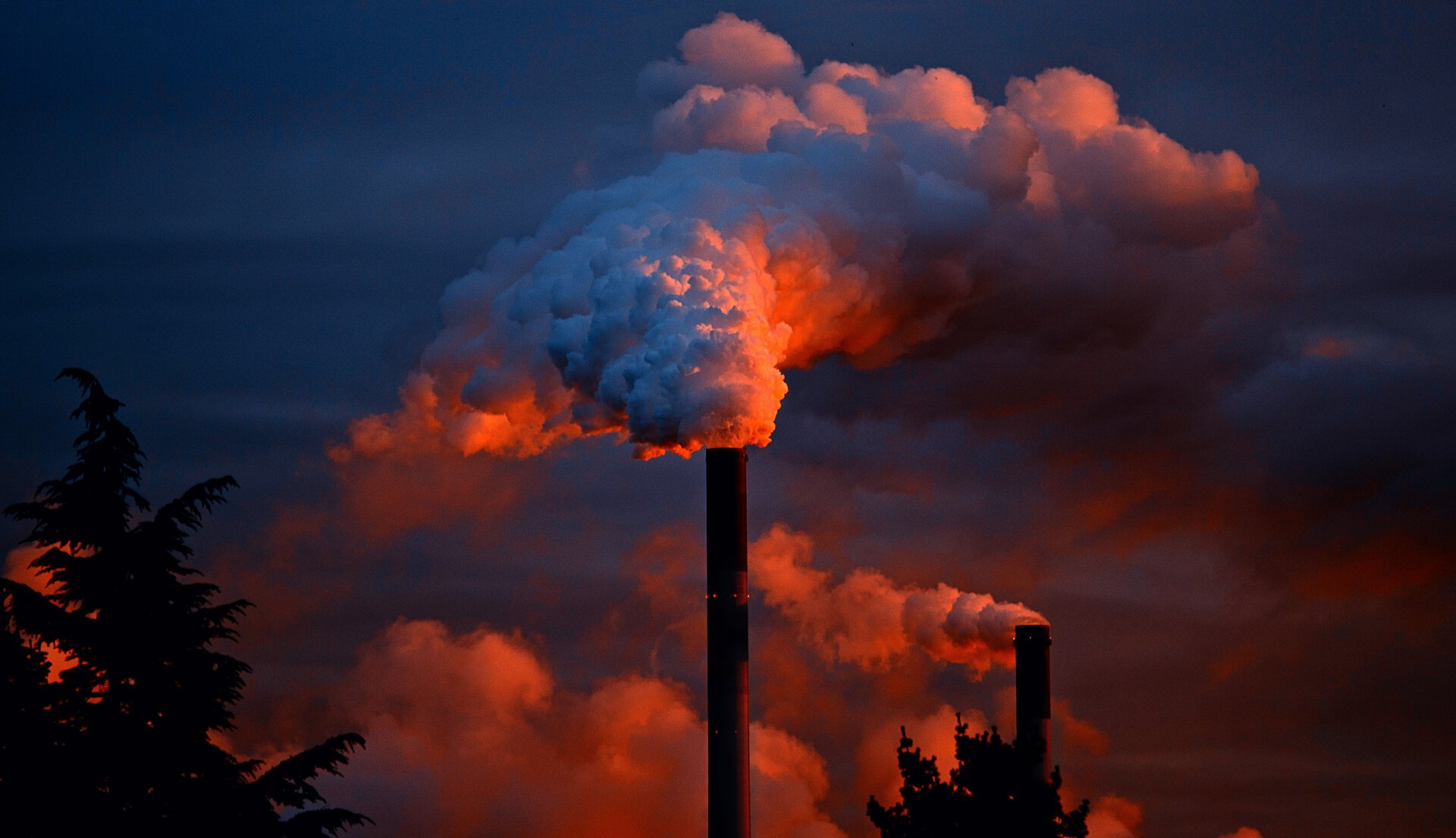
Annual budget: What can we expect of Carbon Tax in 2020?
February 05, 2020
It is not a simple matter to implement the Carbon Tax policy, as was expected after opposition delayed its passing for more than a decade.
The urgency to introduce a Carbon Tax and so encourage South Africa to transition to an economy in tune with the reality of global warming remains. Eskom accounts for more than 30% of South Africa’s carbon emissions, and yet there is no real alternative electricity source.
In the years preceding the introduction of the Carbon Tax in 2019 companies have been able to consider how they are being affected. “The tax means that avoiding being directly, or indirectly, responsible for carbon emissions is no longer a voluntary measure but now a matter of compliance,” notes Kevin James GCX CEO and Green Building Council of South Africa (GBCSA) board member.
“For the first time companies are in a position to understand their exposure. Previously all you could work out what allowances you’d be eligible for. Until 2023 there are a plethora of allowances so no one is discouraged from emitting carbon. However now companies are using the time to improve the quality of their data and complete the submissions related to the national greenhouse gas emissions reporting. This shows companies their tax liability.”
“Currently the Carbon Tax is in a beta phase, it’s forgiving and lax. In 2023 treasury will start a more assertive campaign for companies to do better. Despite the carbon tax being set at R120 per ton from 2019 until 2023, James notes that the real cost of carbon is now closer to R1500 or R1800 per ton. During the 2020 Budget Speech, the government will be under pressure to answer whether or not Eskom will be subject to the same Carbon Tax requirements as those who use its dirty coal-powered electricity.
The pressure to maintain the status quo is considerable due to the perceived changes and costs a new tax will bring. However the price of inaction is expected to be far more severe.
“Embedded carbon is not only a moral issue – but on the commercial side there is no question that the carbon-intensity of our products will make them less appealing for major international markets. South Africa can’t have a carbon tax and continue to be as intensive as we are with fossil fuels,” James notes. The expertise to guide South Africa to affordable and sustainable energy production at the required scale is available.
Net Zero Carbon buildings are not subject to Carbon Tax because the electricity they use has no carbon footprint. Start a conversation today with the GBCSA on how a Net Zero certification will benefit your building: [email protected].






